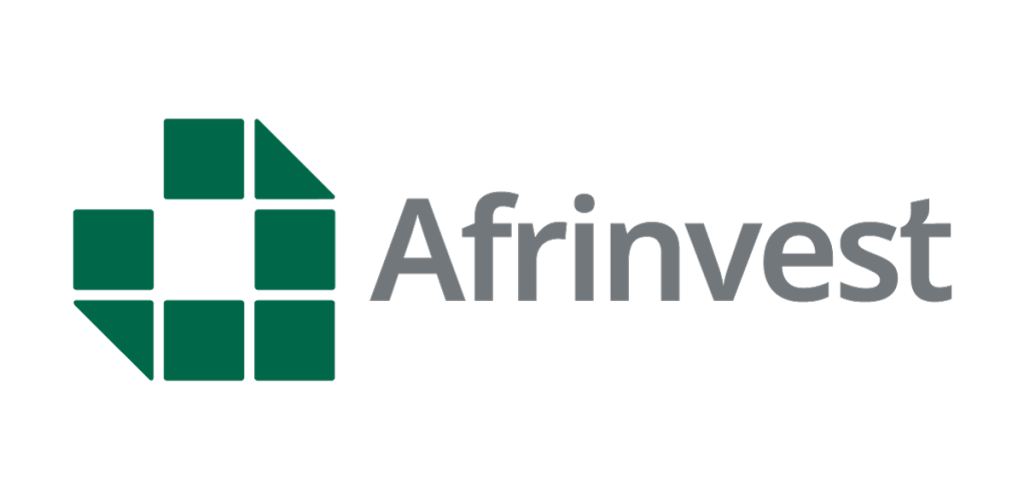According to a report released by investment management company, Afrinvest, Nigeria’s debt stock will hit N130 trillion by December this year from N121.67 trillion in the first quarter of 2024.
The report titled, ‘Bank Recapitalisation, Catalyst for a $1tn Economy’ stated that Nigeria’s public debt stock, which includes external and domestic debt was N121.67 trillion in Q1 2024, up from N97.34 trillion in the fourth quarter of 2023.
The projection stems from concerns about Nigeria’s debt-to-gross domestic product ratio.
The Debt Management Office stated that Nigeria’s debt increased by 24.99% between Q1 2024 and Q1 2023.
It was also estimated that the fiscal deficit, total public debt stock, debt-to-GDP, and debt-servicing-to-revenue rate would exceed N13.0tn, N130 trillion, 55%, and 60% by 2024 year-end, respectively.

According to Afrivest, the estimated increase in debt is attributed to overly optimistic revenue assumptions. The 2024 budget is also based on this premise. They warned that this could result in a repeat of historically disappointing budget performance.
“The expectation of a 43.9% share of the projected revenue from oil and other minerals is unrealistic.
“The share of Federal Government’s debt in total public debt stock rose 44.6% year-on-year to N487.3tn, accounting for 89.7% of total public debt stock by year-end,” the report noted.
News Central reports that President Bola Ahmed Tinubu approved the 2024 budget of N28.7 trillion, which includes an estimated N18.32 trillion in revenue and a deficit of N9.18 trillion.
In July 2024, the Nigerian Senate approved the government’s $800 million loan request from the World Bank.
Minister of Finance, Wale Edun, also confirmed that the World Bank approved Nigeria’s $2.25 billion loan request in June 2024.


